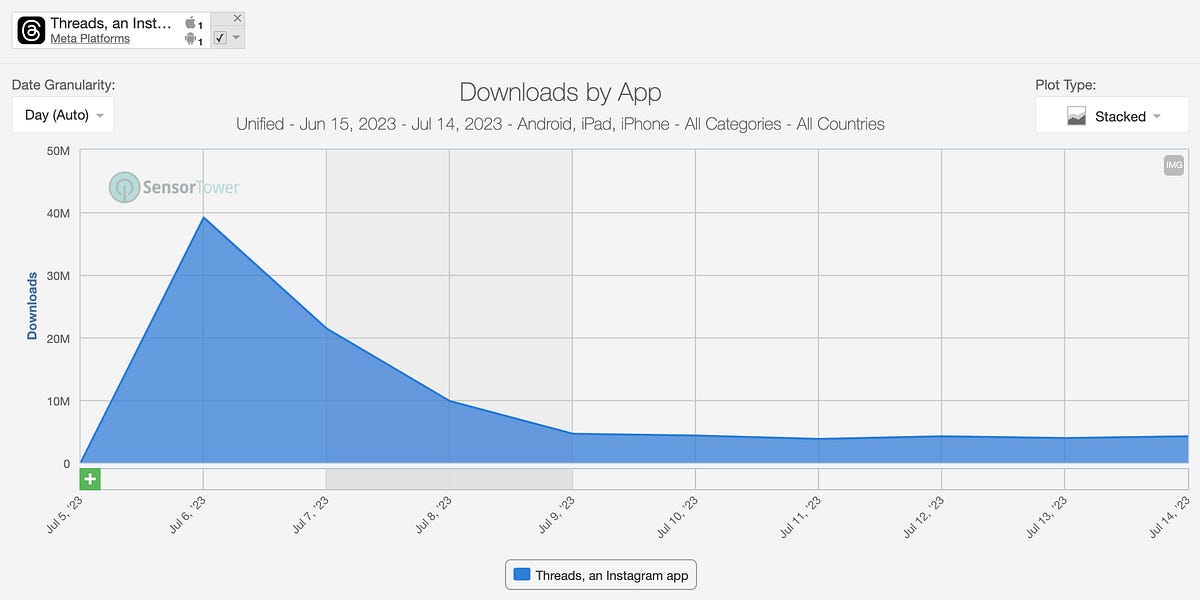- The Publisher Newsletter
- Posts
- Tuesday 18th July: 2023's best publisher newsletters
Tuesday 18th July: 2023's best publisher newsletters
Good morning! Today's newsletter is brought to you by Esther.
We're proud to use Hindenburg for our podcast editing. Hindenburg is a professional-grade audio editing system made for speed and agility, and tailored for podcasts and audio storytelling. This link gets you an extended three month trial of Hindenburg Pro for business.
Today's Media Roundup is brought to you by Hindenburg. (Book this ad slot)
Last night we held the first Publisher Newsletter Awards ceremony at Colours Hoxton in London. I sadly couldn’t be there but I’ve heard very good things from Chris and Peter, and the winner’s list is just superb. Huge congratulations to all the shortlisted and winning newsletters.
One interesting point that kept coming up when we were drumming up entries was the lack of confidence publishers have in their email strategies, given how long newsletters have been around for. “We have a newsletter but we aren’t sure it’s very good / haven’t figured what we can do to improve,” were common concerns we heard.
So next year we want to address this as part of the first ever Publisher Newsletter Summit, to be held alongside our Publisher Podcast Summit in April. There’s a form here if you’re interested in attending or being involved in either Summit.
Finally a big thanks to the Newsletter Awards Manager Joanna Cummings. They literally wouldn’t have happened without her.
This week’s Big Noises guest Ricky Sutton has penned a piece for us exploring in more detail one of the topics he discussed: the need for publishers to collaborate when it comes to AI. Explosive public adoption and the industrialisation of plagiarism mean inaction is simply not an option for publishers, he argues.
Some fascinating data here on the lifespan of news articles - the average article gets 80% of its views within the first 24 hours of publishing, according to Chartbeat’s data. Their key takeaway is that you can’t wait until the next day to optimise and improve as it has minimal impact by then. It’s also interesting to see what doesn’t impact pageviews, like time of publishing and device type.
I can’t have been the only one slightly surprised at the huge numbers of people willing to give Meta’s Twitter clone Threads a go last week. However the true test of how many people it can turn into regular users begins. It’s not off to a great start, with data suggesting time spent has dropped 50% and users have declined by a quarter. Here is some smart analysis about the reasons why.
More from Media Voices







